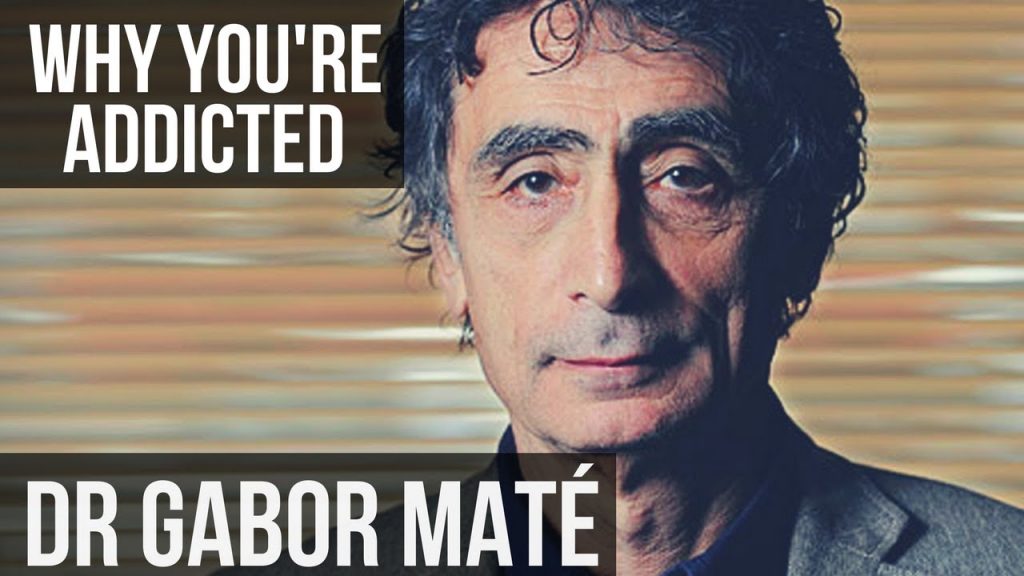I’ve been writing a lot about addiction lately because it’s a big deal, particularly in America, where the war in Afghanistan has come home to roost in the form of an unheralded opioid/heroin epidemic.
A recent post I made about the book by Johann Hari, Chasing the Scream: The First and Last Days of the War on Drugs discusses his radical departure from the mainstream clinical treatments that are based on individual recovery from addiction, with an eye instead on social recovery and remedying the unnatural way in which we live so that we may “rediscover each other.” As Hari says, “The opposite of addiction is not sobriety. The opposite of addiction is connection.”
Hari points to how hospital patients treated with dimorphine (“deluxe heroin”) for several weeks don’t become addicted…in his home country of Germany. The classic history of the American injection drug user is one of addiction to street heroin following the legal prescription of painkillers. Is there something in our hyperconsumerist ethic that drives more Americans to “have it all” or are we more profoundly disconnected from one another than members of other groups?
The charismatic Gabor Maté, author of the bestselling book, In the Realm of Hungry Ghosts would probably agree with the latter. Dr. Maté believes that the source of addictions is not to be found in genes but in the early childhood environment. He thinks that all addictions originate in trauma and emotional loss. He points to studies that connect stress, abuse, lack of love and attachment to deficiencies in people’s ability to process endorphins and dopamine, the neurotransmitters that provide us with pleasure and pain relief.
Maté then claims that addiction results from a lack of neuroreceptors that cause people with addictions to self-medicate in order to supplement their faulty neurochemistry. In other words, they become addicted to drugs as replacements for the neurotransmitters their bodies fail to process.
While his compassionate approach is praised, his views have been called reductionist, inaccurate and dangerous by the orthodoxy. Still, like Johann Hari, Maté has obviously struck a nerve with his novel approach to an age old problem that seems more pressing than ever. Is the popularity of these new, holistic approaches a manifestation of denial and delusion?
You can decide for yourself in this very dynamic and compelling interview with Dr. Maté on London Real.


